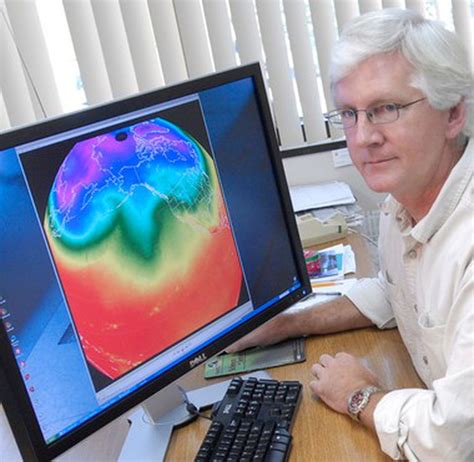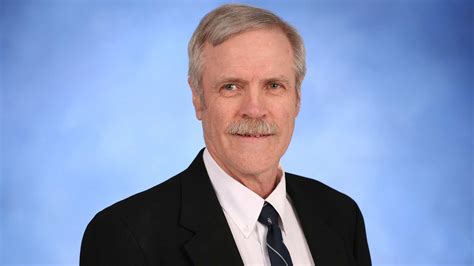A Quote by Lyndon B. Johnson
This generation has altered the composition of the atmosphere on a global scale through radioactive materials and a steady increase in carbon dioxide from the burning of fossil fuels. Entire regional airsheds, crop plant environments, and river basins are heavy with noxious materials. Motor vehicles and home heating plants, municipal dumps and factories continually hurl pollutants into the air we breathe. Each day almost 50,000 tons of unpleasant, and sometimes poisonous, sulfur dioxide are added to the atmosphere, and our automobiles produce almost 300,000 tons of other pollutants.
Quote Topics
Added
Air
Almost
Altered
Atmosphere
Breathe
Burning
Carbon
Carbon Dioxide
Composition
Continually
Crop
Day
Each
Each Day
Entire
Environments
Factories
Fossil
Fossil Fuel
Fossil Fuels
Fuels
Generation
Global
Heating
Heavy
Home
Increase
Materials
Motor
Motor Vehicles
Municipal
Other
Our
Plant
Plants
Poisonous
Produce
Radioactive
Regional
River
Scale
Sometimes
Steady
Sulfur
This Generation
Through
Tons
Unpleasant
Vehicles
Related Quotes
I am troubled by the lack of common sense regarding carbon dioxide emissions. Our greatest greenhouse gas is water. Atmospheric spectroscopy reveals why water has a 95 percent and CO2 a 3.6 percent contribution to the 'greenhouse effect.' Carbon dioxide emissions worldwide each year total 3.2 billion tons. That equals about 0.0168 percent of the atmosphere's CO2 concentration of about 19 trillion tons. This results in a 0.00064 percent increase in the absorption of the sun's radiation. This is an insignificantly small number.
Al Gore likes to say that mankind puts 70 million tons of carbon dioxide into the atmosphere every day. What he probably doesn't know is that mother nature puts 24,000 times that amount of our main greenhouse gas-water vapor-into the atmosphere every day and removes about the same amount every day. While this does not 'prove' that global warming is not man-made, it shows that weather systems have by far the greatest control over the Earth's greenhouse effect, which is dominated by water vapor and clouds.
The burning of fossil fuels has altered the amount of carbon dioxide in the atmosphere so rapidly and so abundantly that now, we are driving not just the warming trend, not just the sea level rise that is a consequence of the warming trend that is melting polar ice and alpine ice, but also [ocean acidification].
There is universal consensus among experts that the earth's atmosphere is heating up - and that we are responsible for it by putting carbon dioxide in the atmosphere. We also know that the consequences of global warming are catastrophic. But how do we make sure that all countries reduce greenhouse gases?
The world's forests need to be seen for what they are - giant global utilities, providing essential public services to humanity on a vast scale. They store carbon, which is lost to the atmosphere when they burn, increasing global warming. The life they support cleans the atmosphere of pollutants and feeds it with moisture. They act as a natural thermostat, helping to regulate our climate and sustain the lives of 1.4 billion of the poorest people on this Earth.
Here's the problem - carbon dioxide doesn't contribute to smog and isn't a health threat. All of this is being done because some people believe carbon dioxide is causing global warming, and that preventing carbon dioxide from entering the air is the only answer. Never mind that there is still an ongoing scientific debate about global warming itself, and that some respected climate scientists believe that methane is a better target, California legislators have locked their sites on carbon dioxide.
Air is one we hold in common; it has a limited carrying capacity for pollutants and that's being used up by those who pollute the atmosphere. So we have to stop that externality. We would never allow a utility to put their coal slag in a dump truck and back it up to the city park and dump it in unlimited amounts for free. But that is exactly what we do with carbon dioxide and methane.


































